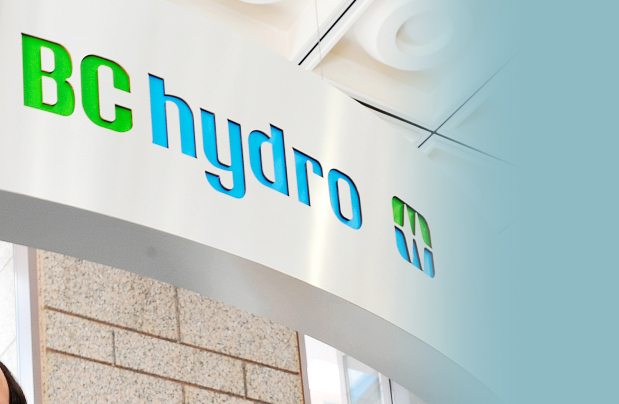British Columbia’s main electric utility, BC Hydro, which provides clean energy to its 1.9 million residential, commercial and industrial customers, has been investing in a scalable technology infrastructure to help automate processes and improve control and access to the information now available from the modern grid.
With smart grid initiatives already underway, BC Hydro needed to ensure that its infrastructure could support the anticipated growth as efficiently as possible.
BC Hydro based its overall smart grid design on the Cisco FAN architecture, an open-standards and IP-based communications architecture that provides network connectivity between field devices throughout the utility grid and also to the grid control centers.
“We needed a flexible, open architecture to support our evolving smart grid,” said Sol Lancashire, senior telecom architect at BC Hydro.
“Cisco provided an architecture, the necessary infrastructure, and ongoing support to bring the diverse elements together. The connected grid products are optimized for the electric utility industry and give us a reliable telecommunications foundation to be able to support increasingly challenging energy delivery requirements,” the executive said.
“We’ve had a strong relationship with Cisco for many years. Cisco Services helped us in the lab environment to go through our specific use case scenarios, conduct performance testing, and to optimize the design of the solution,” Lancashire added.
BC Hydro uses Cisco connected grid routers and operating software to manage data and plans to migrate to the Cisco IOx software platform, which offers the potential to enable a distributed architecture for distribution automation.
“With Smart Grid, we are now starting to experience the benefits of a digital infrastructure,” said Lancashire. “Much more data is available, and with Cisco`s new network and analytics solutions, such as Cisco IOx, we are able to efficiently collect and gain insight from the data.”
Using smart energy information BC Hydro used to collect the majority of the revenue meter data manually once every two months. Now the meters automatically send hourly interval usage data twice a day. This process gives more visibility to customers, allowing them to lower costs. The system also allow BC Hydro to identify voltage discrepancies and some power quality issues.
“With our new smart meter infrastructure, we learn a lot more from the meter at every customer endpoint and are now able to gain a better understanding of the quality of the electricity delivered,” the executive added.
The utility said that the new system is improving process and safety for customers on the grid. Now BC Hydro can automatically detect power faults and can dispatch repair crews in a timely manner.
Image source: Vancouver Sun

